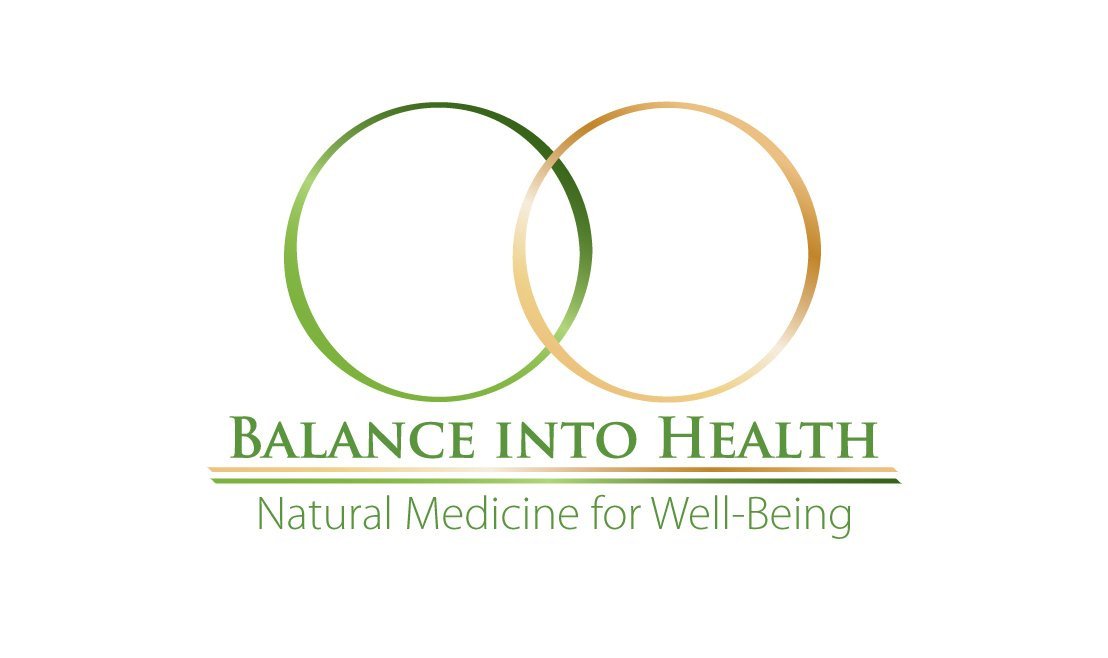Human Milk is Baby’s First Immunization
A mother’s milk provides antibodies which protect the baby from many common respiratory and intestinal diseases, and also contains living immune cells. First milk, Colostrum, is packed with components which increase immunity and protect the newborn’s intestines. Artificially fed babies have higher rates of middle ear infections, pneumonia, and cases of gastroenteritis (stomach flu). Breastfeeding as an infant also provides protection from developing immune system cancers such as lymphoma, bowel diseases such as Crohn’s disease and celiac sprue, and juvenile rheumatoid arthritis, all of which are related to immune system function. Breastfed babies generally mount a more effective response to childhood immunizations. In all these cases, benefits begin immediately, and improve with increased duration of breastfeeding.
The oneness of the nursing mother and her baby has always fascinated mankind. Like lovers, they are united both physically and spiritually. Unlike lovers, their union lacks the ambivalence and tensions of sexuality. The Egyptians portrayed their chief goddess, Isis, with the infant Horus at her breast. Christianity reveres the Madonna, the image of mother and infant, as a symbol of pure love. The Dalai Lama, spiritual leader of Tibetan Buddhism, speaks of compassion and altruism as first learned at a mother’s breast, as the mother gives of herself to her child. Artists throughout history and around the world have been inspired by the nursing couple, to convey in stone and clay and paint, two souls who are one.
In addition to all the known benefits of human milk, it’s also clear that the act of breastfeeding is beneficial. Research shows that breastfeeding leads to optimal brain development.
Breastfeeding’s contribution to optimal oral development means less risk of malocclusion — and perhaps lower orthodontist bills! Bottle-fed babies have a higher risk of baby bottle tooth decay, as well. The skin-to-skin contact with mother provides optimal nurturing and an almost automatic close emotional attachment. Suckling at the breast optimizes hand-to-eye coordination, especially with regular “side-switching". Even in the rare cases when the mother can’t produce enough milk, or for adopted babies, supplemental systems can allow mother and baby to enjoy a breastfeeding relationship.
Incarnation in current life – the process of incarnation that takes place during pregnancy, is not complete at birth and mother’s milk helps the baby to come down gradually and becomes grounded in its body. Mothers milk is irreplaceable. Humans are the only species in the animal kingdom that uses other animal milks to feed their babies.
We need to consider informing and educating ourselves as future new mothers what is the best way to feed our babies, and choosing the best formula that mother nature provides and it is FREE.
~ Carola CuencaHuman Milk is Baby’s First Immunization
A mother’s milk provides antibodies which protect the baby from many common respiratory and intestinal diseases, and also contains living immune cells. First milk, Colostrum, is packed with components which increase immunity and protect the newborn’s intestines. Artificially fed babies have higher rates of middle ear infections, pneumonia, and cases of gastroenteritis (stomach flu). Breastfeeding as an infant also provides protection from developing immune system cancers such as lymphoma, bowel diseases such as Crohn’s disease and celiac sprue, and juvenile rheumatoid arthritis, all of which are related to immune system function. Breastfed babies generally mount a more effective response to childhood immunizations. In all these cases, benefits begin immediately, and improve with increased duration of breastfeeding.
The oneness of the nursing mother and her baby has always fascinated mankind. Like lovers, they are united both physically and spiritually. Unlike lovers, their union lacks the ambivalence and tensions of sexuality. The Egyptians portrayed their chief goddess, Isis, with the infant Horus at her breast. Christianity reveres the Madonna, the image of mother and infant, as a symbol of pure love. The Dalai Lama, spiritual leader of Tibetan Buddhism, speaks of compassion and altruism as first learned at a mother’s breast, as the mother gives of herself to her child. Artists throughout history and around the world have been inspired by the nursing couple, to convey in stone and clay and paint, two souls who are one.
In addition to all the known benefits of human milk, it’s also clear that the act of breastfeeding is beneficial. Research shows that breastfeeding leads to optimal brain development.
Breastfeeding’s contribution to optimal oral development means less risk of malocclusion — and perhaps lower orthodontist bills! Bottle-fed babies have a higher risk of baby bottle tooth decay, as well. The skin-to-skin contact with mother provides optimal nurturing and an almost automatic close emotional attachment. Suckling at the breast optimizes hand-to-eye coordination, especially with regular “side-switching". Even in the rare cases when the mother can’t produce enough milk, or for adopted babies, supplemental systems can allow mother and baby to enjoy a breastfeeding relationship.
Incarnation in current life – the process of incarnation that takes place during pregnancy, is not complete at birth and mother’s milk helps the baby to come down gradually and becomes grounded in its body. Mothers milk is irreplaceable. Humans are the only species in the animal kingdom that uses other animal milks to feed their babies.
We need to consider informing and educating ourselves as future new mothers what is the best way to feed our babies, and choosing the best formula that mother nature provides and it is FREE.
~ Carola Cuenca
